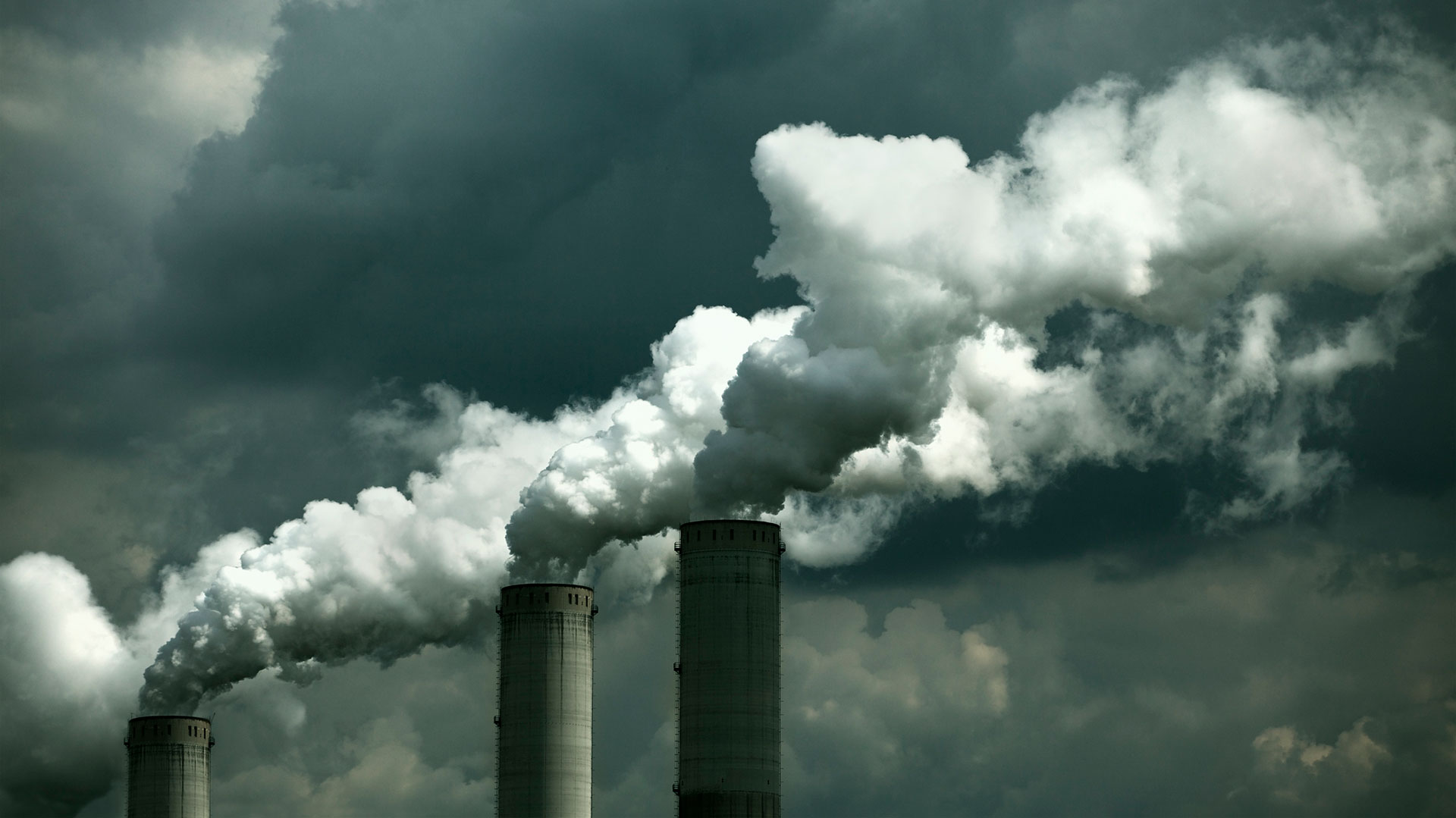The UK government is targeting farmers and people with wood burners in its new Clean Air Strategy, which it says will reduce the amount of cancer-causing air pollution by 2030.
But critics have described the plans – which ministers say will make the UK the first major economy to adopt World Health Organisation (WHO) guidelines – as “severely lacking in detail”.
Focusing on particulate matter known as PM2.5, a carcinogenic which emanates from open fires and domestic stoves, the strategy set out by environment secretary Michael Gove is vague: it claims PM2.5 exposure will drop to below the WHO standard across “much of the country”, and does not lay out a schedule of work to achieve the “world leading” goal.
The effort will include regulating which stoves are available by 2022 and banning the sale of toxic fuels for domestic stoves, plus potentially phasing out the sale of house coal.
Farmers will be required to adapt their farming techniques, with training and support made available to help them reduce their ammonia emissions.
Farming minister George Eustice said future agriculture policy will involve financial rewards and incentives for farmers reducing their contribution to air pollution. Further details for the strategy have been promised for “early 2019”.









